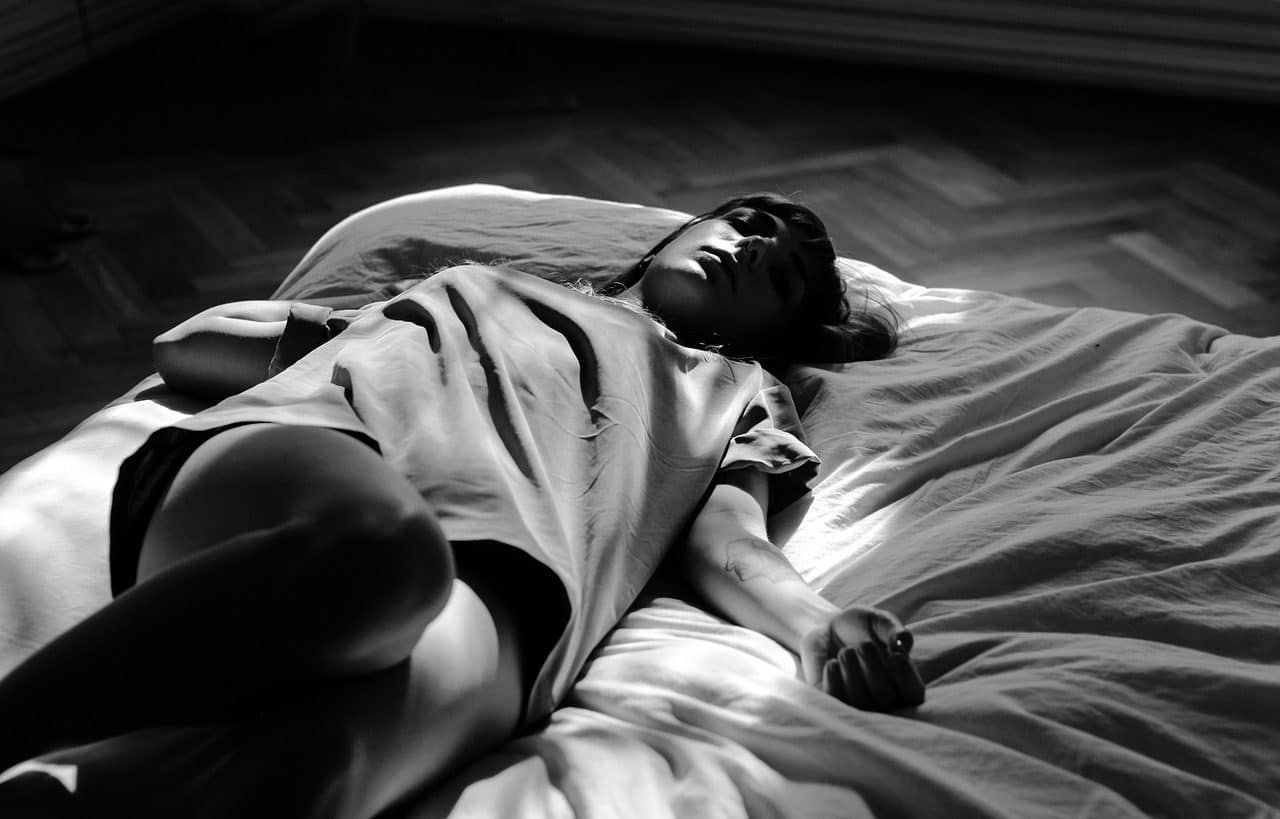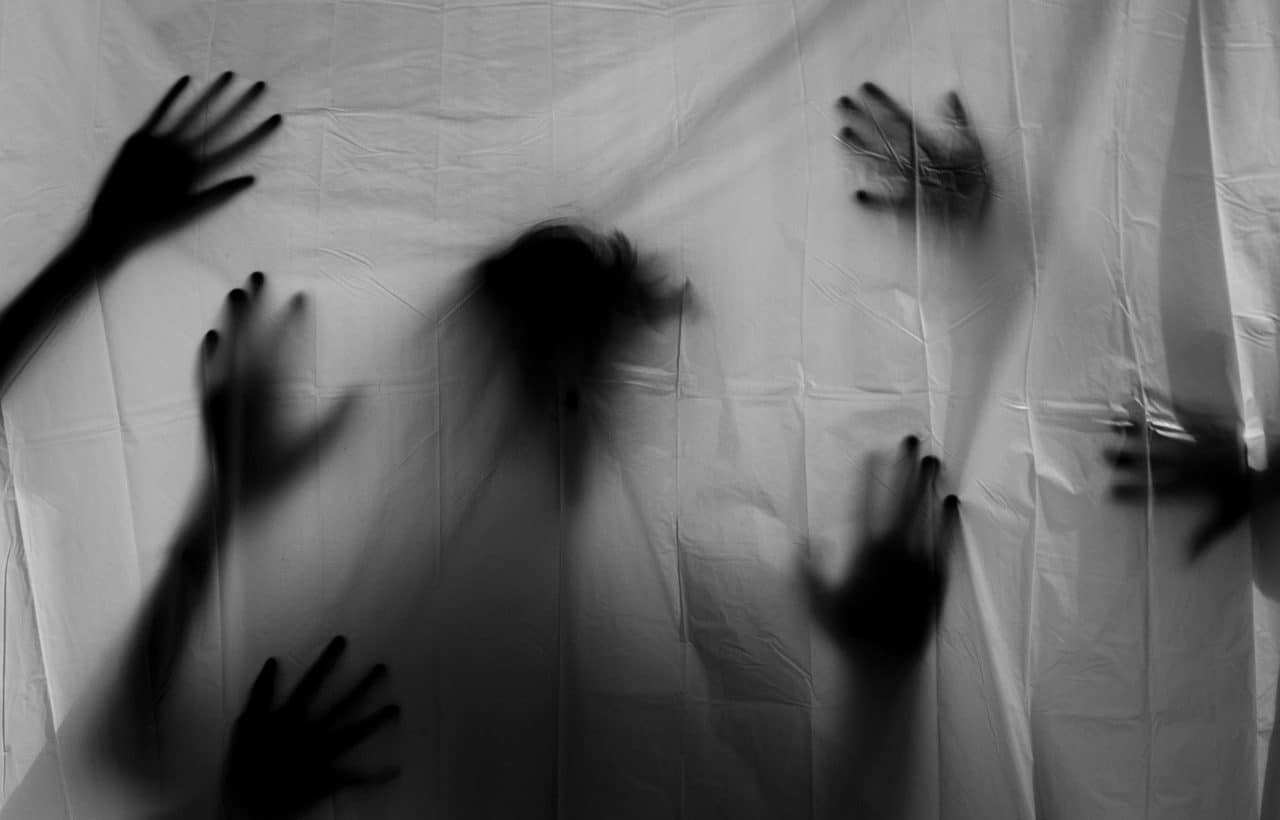
A nightmare is a dream that generates fear or anguish.
A nightmare is a dream that causes anguish or fear in the person. It may be something occasional or, if it is repeated over time and has a strong intensity, a parasomnia (a disorder that affects the individual while they are asleep and that affects the rest of the day).
Nightmares can have a psychological reason (such as an anxiety disorder or trauma ) or a physiological reason (high temperature). Regardless of their origin, they frequently cause physical sensations and discomfort , such as breathing problems or chest pain.
While the subject is experiencing the nightmare, they may move, which may help them wake up. Waking up not only ends the dream, but also helps eliminate terror and anguish.
Meaning of a nightmare
Throughout a nightmare, as well as any dream, various symbols are presented that can be interpreted as "coded messages" coming from our unconscious. Many people are deeply fascinated by the study of these nocturnal experiences and try to reveal all the secrets hidden in each of their paintings.
There are those who believe that the meaning of dreams is cultural and equivalent for everyone; For example, it is said that dreaming about a baby's face is a symbol of death, or that water represents amniotic fluid and its presence in a dream refers to the subject's relationship with his or her mother. However, some scholars of the dream world think that each individual "writes" their own dreams and nightmares based on their experiences, fears and concerns, creating their own symbology.

Various meanings are attributed to nightmares.
Sleep myclonia
A concept that is often mistakenly associated with nightmare is sleep myclonia , which is also known as hypnic jerk ; It is that feeling of falling that we often experience as soon as we fall asleep. This series of involuntary movements take place in the transition between the state of wakefulness and sleep, which is called hypnagogia , and not in the REM phase, which is why it cannot be considered a dream.
Sleep myclonia is considered a benign sleep disorder , since it does not cause harm or carry risks to those who experience it, and it affects more than 70% of the population. For this reason, not many studies have been carried out on it, and some experts take it as a natural step between wakefulness and sleep (a process in which a variation in temperature, slowing of breathing and heart rate also occurs. and muscle relaxation). Caffeine consumption, stress, anxiety, tiredness, lack of sleep and hyperactivity before sleeping can contribute to the appearance of hypnic jerk.
Other uses of the term nightmare
The notion of nightmare is also used symbolically to name the fear, uneasiness or pain that someone experiences regarding a problem, whether existing, imaginary or probable.
In this sense, a father who has his son hospitalized for a health problem may comment that he is living a nightmare. Something similar can be expressed by someone who has suffered the loss of a loved one or someone who has seen their home collapse due to a natural disaster.
On the other hand, a person who causes a nuisance can be classified as a nightmare. A coach of a soccer team may claim that a rival striker has been a nightmare for his defense, for example, after a match in which he has complicated his team with his movements and actions.
